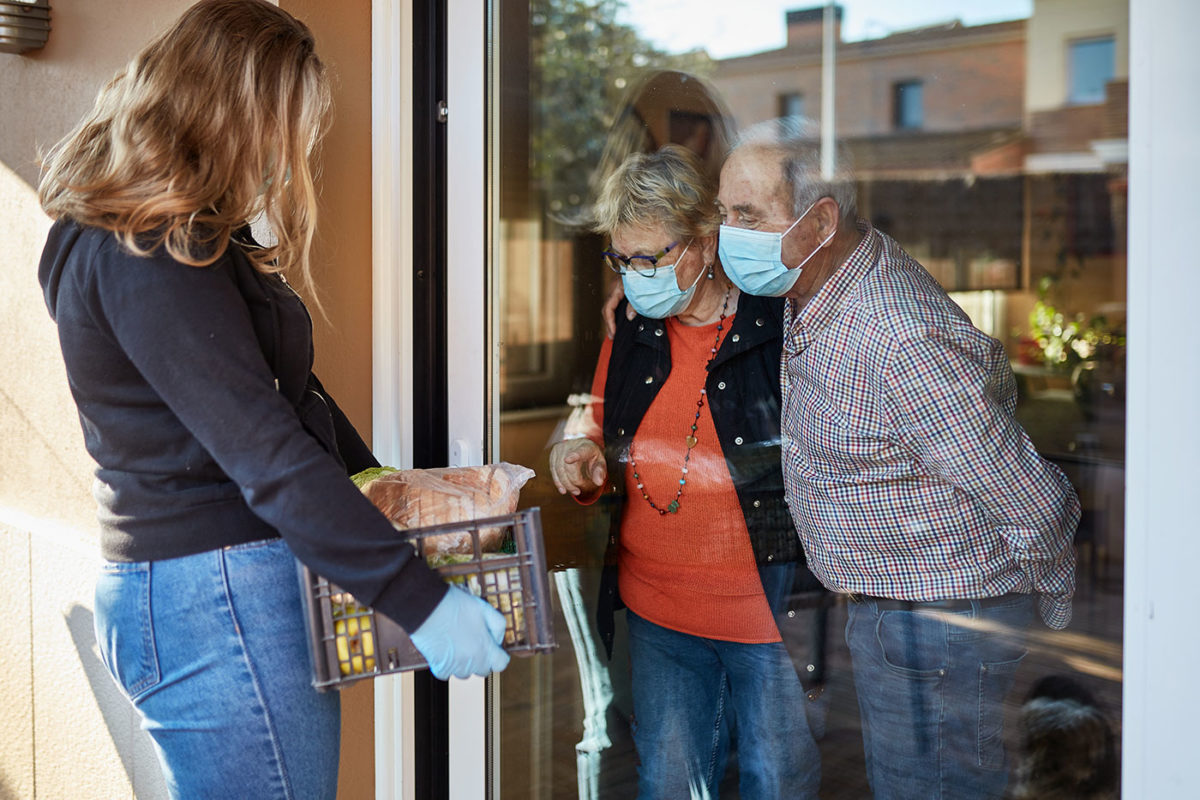Community Resiliency to COVID-19 in a Subset of US Communities

Authors: Erika Graves; Allen Weiss; Michael Rickles; Elizabeth Colyer
Problem: Communities across the United States are facing severe economic, social, physical and mental health impacts due to the COVID-19 pandemic. Community leaders are striving to learn how they can better prepare their community to handle future challenges of equal or greater magnitude.
Objectives: To evaluate whether communities implementing a well-being initiative called Blue Zones Project (BZP) are more resilient against negative consequences of the COVID-19 pandemic compared to the nation.
Methods: Our analysis included 115,739 web-based survey responses from March 20 through May 13, 2020, from across the nation, including 2,550 surveys from 29 BZP communities. The Mann-Whitney test was used to test for statistical significance.
Results: Compared to national respondents, BZP community respondents reported lower prevalence of key COVID-19 risk factors (COPD, diabetes, hypertension); were 25% less likely to report severe stress and anxiety and 20% less likely to report panic and worry; more often reported positive social and community behaviors; and were more likely to report positive health behavior changes such as eating healthier and exercising more.
Conclusion: The presence of a community well-being initiative aimed at increasing strong social networks, healthy behavior adoption, and reducing chronic health conditions has reduced negative consequences of the COVID-19 pandemic. Communities across the US could benefit from similar initiatives to increase preparedness for future disasters.